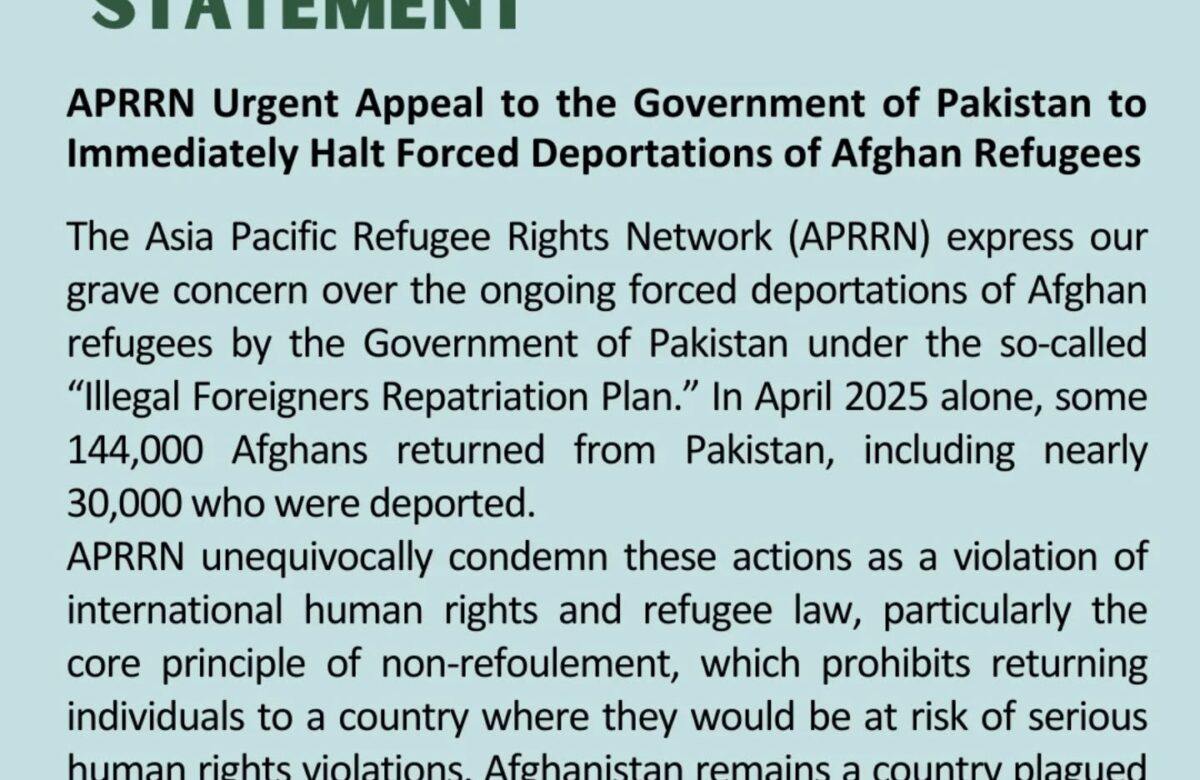
International Day for the Elimination of Violence Against Women: Taliban Restrictions Push Women into Mental Health Crisis
روز جهانی مبارزه با خشونت علیه زنان؛ محدودیتهای طالبان زنان را به بیماریهای روانی دچار کرده است
شماری از زنان در هرات میگویند که محدودیتهای وضعشده از سوی طالبان باعث افزایش خشونتها علیه آنان شده است. برخی از این زنان به روزنامه ۸صبح میگویند که به دلیل تشدید خشونتها و محدودیتهای اجتماعی، آنان دچار مشکلات روحی و روانی شدهاند و حتا تعدادی از آنان به «شوک» رفته و دچار «حالت سکته مغزی» شدهاند. این زنان همچنین تاکید میکنند که پس از بیکار شدن از سوی طالبان، رفتار خانوادههایشان نیز تغییر کرده و بارها مورد خشونتهای کلامی و جسمی قرار گرفتهاند.
افسانه (نام مستعار)، یکی از زنان هرات است که پیش از تسلط طالبان در یکی از نهادهای دولتی این ولایت مشغول به کار بود، اما اکنون خانهنشین شده است. او میگوید که از دست دادن شغل و ادامه خانهنشینی باعث تغییر رفتار خانوادهاش شده و دیگر مانند گذشته با او رفتار نمیکنند.
این خانم که به دلیل ممنوعیتهای طالبان بیکار شده است، میگوید اکنون که خانهنشین شده، مجبور است رفتار خشونتآمیز خانواده شوهرش را نیز تحمل کند. او میافزاید: «در حکومت قبلی در یکی از ریاستهای هرات مشغول به کار بودم و ماهانه تقریباً ۱۲ تا ۱۵ هزار افغانی حقوق داشتم. به دلیل همین شغل، خانواده شوهرم، خسر و خشویم، رفتار خوبی با من داشتند؛ اما حالا که بیکار شدهام، رفتار آنها با من بسیار نامناسب شده است.»
افسانه با اشاره به تغییر رفتار خشونتآمیز خانواده شوهرش میگوید: «یک سال از بیکاریام گذشته و رفتار خانواده، بهویژه خشویم، با من تغییر کرده و بد شده است. حالا هر روز طعنه میزنند که بالای تو مصرف کردیم، حالا کنج خانه نشستهای. در نتیجه، در وضعیت بسیار بدی به سر میبرم و این رفتارها به قدری روح و روانم را آزرده کرده که حتا مرا مجبور به مراجعه به شفاخانه کرده است.»
همچنین شمار دیگری از زنان در هرات که به دلیل از دست دادن کار و تحمل خشونتهای خانوادهگی در وضعیت دشوار روحی و روانی قرار گرفته و حتا در شفاخانه بستری شدهاند، میگویند که سلطه طالبان وضعیت تمام زنان شاغل و بیکار را نسبت به گذشته بدتر کرده و این وضعیت باعث شده که آنان بارها مورد خشونتهای خانوادهگی قرار گیرند.
شیما، یکی از زنان جوان در هرات، در اوج دوره جوانی دچار بیماری روحی و روانی شده است. او میگوید که به علت از دست دادن وظیفه و خشونتهای خانواده شوهرش، طی یک سال گذشته سه بار در شفاخانه حوزوی هرات بستری شده است.
این بانوی هراتی میافزاید: «چهار سال از عروسیام میگذرد و تقریباً زندهگی بیدردسری داشتم. روزها به وظیفه میرفتم و پس از بازگشت به خانه، اگر گپ و گفتی هم بود، برایم سخت نبود؛ اما پس از آمدن طالبان، زندهگی برایم جهنم شده است و دلیل آن هم رفتار خشونتآمیز خشویم است.»
شیما تصریح میکند: «این رفتار خشونتآمیز خانواده شوهرم سبب شد که در یک سال سه بار به شفاخانه بستر شوم. بار اول هفت شب به کُما بودم و حتا از یک دست و پهلو مدتی فلج بودم تا آهستهآهسته دوباره به فرمان آمدم. داکتران هم گفتند که فشار زیاد سبب شده بود بر من حمله بیاید. زندهگی در اوج جوانی خیلی برایم سخت شد و بال و پرم را ریخت.»
این زنان در هرات در حالی از وضعیت زندهگی در حاکمیت طالبان شکایت دارند که بهتازهگی یک نهاد حقوق بشری موسوم به رواداری، در گزارش ۴۰ صفحهای گفته است که وضعیت زنان بهویژه در نظام آموزشی تحت سلطه طالبان وخیمتر شده است.
در گزارش رواداری آمده است که برخی از آموزگاران زن و کودکان دختر در مکاتب و مدارس دینی تحت کنترل طالبان، مورد آزارواذیت جنسی قرار میگیرند، اما به دلیل سرکوب و آسیبپذیری اجتماعی، این قضایا را مخفی نگه میدارند. در گزارش بهعنوان نمونه از تجاوز به ۶ دختر دانشآموز در ولایت غور در یک مدرسه دینی خبر داده شده است که به دلیل فشار و تهدیدهای طالبان، این قضیه رسانهای نشده است.
این نهاد همچنین گفته است که سیاستهای طالبان باعث ترویج نابرابری جنسیتی، نفرت و تبعیض بیشتر علیه زنان شده و این گروه کلیشههای جنسیتی، خشونت و تبعیض را وارد سیاست و نظام آموزشی خود کرده است.
این در حالی است که پس از تسلط طالبان، زنان در افغانستان در وضعیت دشوار به سر میبرند و طالبان حق آموزش و کار را از آنان گرفتهاند. کرن دیکر، کاردار سفارت امریکا برای افغانستان، بهتازهگی گفته است که محدودیتهای طالبان، دختران و زنان را از مشارکت در آینده افغانستان محروم میکند.
Many women in Herat report that the Taliban’s restrictions have led to an increase in violence against them. Some of these women tell the Hasht-e Subh Daily that the rising violence and social limitations have caused mental and psychological distress, with some even experiencing “shock” and “stroke-like” conditions. These women also stress that, after being laid off by the Taliban, the behavior of their families has changed, subjecting them to both verbal and physical abuse.
Afsana (pseudonym), a woman from Herat, used to work in a government institution in the province before the Taliban’s takeover, but now she is confined to her home. She says that losing her job and remaining at home has altered her family’s behavior, and they no longer treat her as they did before.
Laid off due to the Taliban’s restrictions, Afsana explains that, now that she is staying at home, she must also endure the violent behavior of her husband’s family. She adds, “Under the previous government, I worked in one of Herat’s directorates and earned around 12,000 to 15,000 Afghanis monthly. Because of this job, my in-laws, including my father-in-law and mother-in-law, treated me well; but now that I am unemployed, their behavior toward me has become increasingly hostile.”
Afsana further describes the change in her father-in-law’s behavior, saying, “A year has passed since I lost my job, and the behavior of my family, particularly my father-in-law, has worsened. Every day, they mock me, saying, ‘We spent on you, and now you just sit in the corner of the house.’ As a result, I am in a very bad situation. Their behavior has disturbed my peace of mind to such an extent that I had to seek medical help.”
Several other women in Herat, who have lost their jobs and endured domestic violence, are also in severe mental and psychological distress and have been hospitalized. They say that the Taliban’s rule has worsened conditions for both working and unemployed women, leading to an increase in domestic violence.
Shima, a young woman in Herat, has developed mental health issues at the prime of her youth. She says that losing her job and enduring violence from her husband’s family have led to three hospitalizations over the past year at Herat’s Provincial Hospital.
She explains, “Four years have passed since my marriage, and I had a relatively carefree life. I worked during the day, and when I returned home, even if there was some conversation, it didn’t bother me. But since the Taliban’s arrival, life has become unbearable, and the reason is the violent behavior of my father-in-law.”
Shima emphasizes, “The violent behavior from my husband’s family has resulted in three hospitalizations within one year. The first time, I was in a coma for seven nights and was paralyzed on one side for a while until I gradually regained movement. Doctors said that the high stress led to a stroke. Life at the height of my youth became extremely difficult and shattered my spirit.”
While these women in Herat share their grievances about life under Taliban rule, a recently published 40-page report by a human rights organization named Rawadari states that the situation for women, especially in the education sector under Taliban control, has worsened.
The Rawadari report highlights that some female teachers and girls in schools and religious seminaries under the Taliban’s control face sexual harassment but conceal these incidents due to social stigma and fear of retribution. The report cites the example of the rape of six female students at a religious school in Ghor province, a case that has remained suppressed due to Taliban pressure and threats.
The organization further states that the Taliban’s policies have intensified gender inequality, hatred, and discrimination against women, incorporating gender stereotypes, violence, and discrimination into their policies and educational system.
Meanwhile, since the Taliban’s takeover, women in Afghanistan have endured difficult circumstances, as the Taliban has stripped them of their rights to education and employment. Karen Decker, the U.S. Charge d’Affaires for Afghanistan, recently stated that the Taliban’s restrictions are denying girls and women the opportunity to participate in Afghanistan’s future.
Source
- Tags
- Oceania



